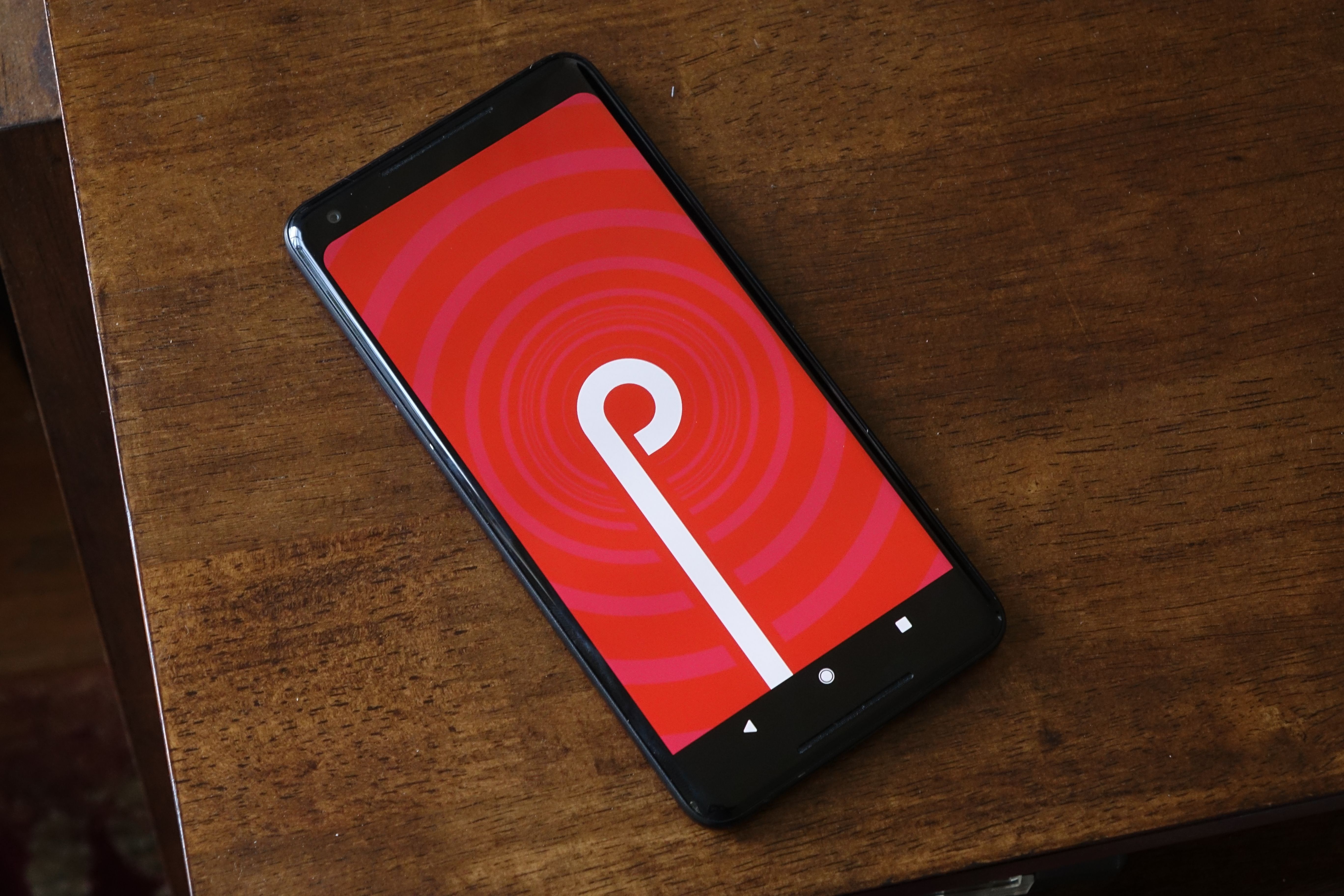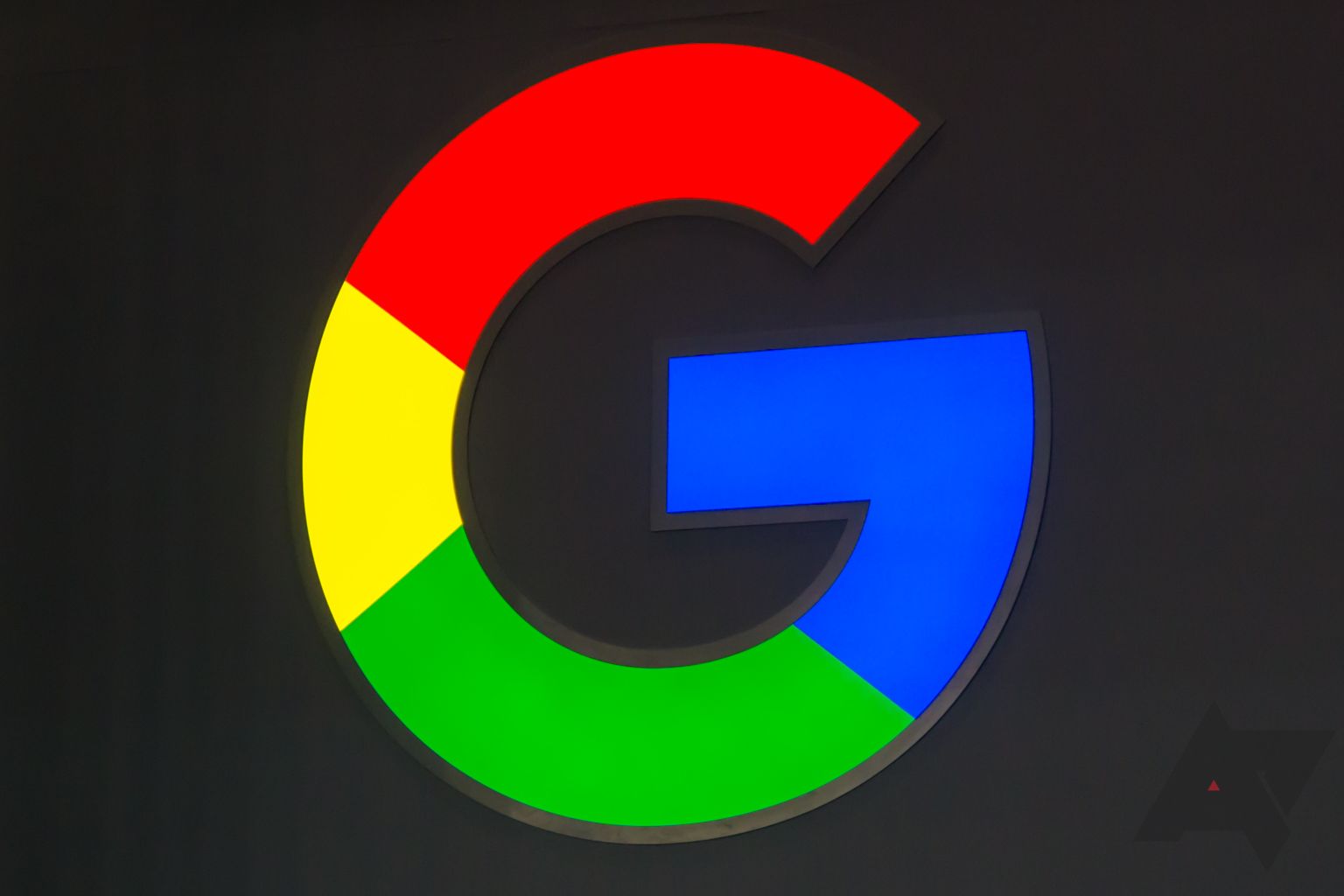
David Ruddock
Contributing since June, 2010
-
3358articles
Page 15
About David Ruddock
David is the former Editor-in-Chief of Android Police and now the EIC of Esper.io. He's been an Android user since the early days - his first smartphone was a Google Nexus One! David graduated from the University of California, Davis where he received his bachelor's degree, and also attended the Pepperdine University School of Law.
Latest Articles

Google announced a brand-new version of its Android TV developer hardware platform at I/O today. The ADT-2, sequel to the ADT-1, is being given out to attendees of the conference in Mountain View (they'll ship at a later date). The ADT-2 takes on a Chromecast-like dongle form factor, and was first outed in an FCC certification listing around a month ago. The ADT-2 will not be sold to consumers.

Android TV has gained a lot of traction in the consumer marketplace - mostly by virtue of being integrated into a ton of TVs and a few set top boxes. And while that's great for the platform, end users aren't exactly being well served: One notable exception aside, Android TVs are notorious for being underpowered, buggy, and extremely slow to get updates (if they even come).

In a private demo yesterday, Google showed us a prototype of JBL's upcoming Link Bar - a high-end sound bar with Android TV and Google Home capabilities baked right in. While they weren't sharing details like the amount of storage it comes with or the chipset it uses (or even if it supports 4K60, though we got the sense it does), they did demo an Android TV feature we'd never seen before.

The G7 comes at a time when LG is arguably less relevant than ever in the high-end smartphone space. The V30 seems to have fallen on deaf ears with consumers (so deaf that LG launched it a second time), while the G6 was forced to use an inferior processor, a handicap that wasn't offset by more competitive pricing. Things generally aren't looking great for LG's mobile unit - which has been losing money for years - and it hasn't done a lot to positively differentiate its products from its arch-rival, Samsung, whose phones seem ever-more technically advanced by comparison.

"Smartphone addiction" is a term that entered our cultural lexicon relatively recently - you could say it's A Thing. And it's a thing increasingly cited by techno-skeptics and self-help authors looking to capitalize on our natural desire to purge "unhealthy" habits from our lives (historically, a very American kind of fad). Not to mention: the ever-popular fear that we're all being spied on. Some people are even switching back to dumphones to avoid all the awfulness smartphones have brought into our lives. In short, the smartphone's ubiquity has made it The Next Big Source of All Your ProblemsTM. And I think, in spite of the best intentions - being more in the moment, having more meaningful interactions, and sleeping better - we've all kind of jumped the gun here.

It hardly seems that long, but nearly ten years ago, the world’s first Android smartphone was announced. Android in 2008 really was barely recognizable as the operating system we know and love today, and the way we navigated that operating system was pretty different, too.

Yesterday, it was announced by the US Commerce Department that ZTE had violated terms of its settlement with the government and was being subjected to a seven-year ban of the export of any American goods or technologies for use in its products. Today, according to Reuters, a source familiar with discussions between Google's parent company Alphabet and ZTE says the two are still very much undecided on whether the Chinese smartphone maker will be able to continue using the Android operating system.

Read update
- In an interesting twist, the images from the FCC filing have been pulled from the FCC's website. All but one: the label location photo, which shows the back of the device - meaning no Google "G" logo is visible. In addition, an amended confidentiality letter has been posted requesting that images and the user manual, amongst other things, remain confidential for 180 days. Very interesting, indeed. Could Google be involved with this dongle after all? Guess we'll have to wait and see how this all unfolds.
What you're looking at above is a photo from an FCC certification for a "4K ATV Stick" manufactured by "Shenzhen SEI Robotics Co." There are a boatload of photos of this apparently Android TV-powered device in the FCC listing, including a very poorly-written manual with sentences like "Set up your TV with Android phone or tablet if you have." And there's a big, fat Google "G" logo plastered on the front.

HP announced a brand-new Chromebook today, the very plainly-named HP Chromebook x2. You wouldn't guess by the branding, but this is the world's first detachable Chrome OS device, and the 12.3" tablet includes the keyboard dock and a stylus in its $599 asking price. Essentially, HP is trying to position this as a more affordable option to an iPad Pro with a keyboard cover and Apple Pencil - though I can't say I'd ever expect creative pros to flock to Chrome OS, even with Android apps on board.

Android P is the latest iteration of Google’s mobile operating system, and it’s been available to test as a Developer Preview on the company’s Pixel phones for about a month now. I flashed the preview on my Pixel 2 XL a few weeks ago and have been using the phone as my daily driver since.

Last August, a TCL executive confirmed that the company was gearing up to launch Palm-branded smartphones in 2018. Speaking to a trusted source, we've learned that one such device will be launching on Verizon in the second half of the year; at least, that's the plan for now. Sadly, we don't know anything about the phone itself at this time (well, we know it runs Android), but the fact that TCL is working with Verizon is telling. The carrier was a longtime Palm partner, selling most of the brand's webOS handsets all the way through the Pre 2. Verizon had intended to carry the ill-fated Pre 3, but the phone was cancelled by Palm's then-buyer HP before it could be released in the US.

Last week, we reported that Google had begun to lock users out of Google Apps on what it dubbed "uncertified" Android devices, by blocking sign-in of Google accounts during setup and displaying a "Device is not certified by Google" error message. Today, we confirmed with Google that this is an intended behavior. There's even a website detailing what a "Certified by Google" Android device is now.

The P20 and P20 Pro are two of the most attractive, interesting phones Huawei has ever produced - and you'll never see them on sale in America.

Android tablets are not and were not ever very good. There. I said it.From the very first devices that launched without Google's blessing, to the overhyped, underdelivering ones that did, all the way through Google's last-ditch effort to save them, Android tablets never hit their stride.Sure, there were some bright spots, occasionally. Like the 2013 Nexus 7, which was beloved for its low cost and simplicity. It was the antithesis of the $500 iPad: a frugal hot hatchback to Apple's fully-loaded luxury sedan. But the Nexus 7, and most small, inexpensive tablets, were short-lived in their mainstream popularity as our phones started growing larger and larger. A 7-inch tablet isn't much more useful than a 6-inch phone, and so most people just stopped buying small tablets. Which, it turned out, was most Android tablets.But not all of them. Perhaps the most stinging rebuke of the Android tablet, paradoxically, has been the success of one Android tablet in particular. Though the maker of that tablet would never dare to use the word 'Android' to describe it, because it has (perfectly legally) hijacked Android from Google as a way to push its own products and services. Amazon's Fire tablet, which can literally be purchased in six-packs, like beer, still sells very well, and the larger family of those devices has essentially cornered the market for inexpensive (frankly, cheap) tablets in the US. When $50 gets you something you can stick in front of your five-year-old on a long car ride or a visit to the doctor, and it can be delivered to your door the next day, it's safe to say we've hit the peak of commoditization. There is no more market to be carved out for tablets as consumption devices: Amazon owns the budget space, and Apple owns... everything else. Contrary to popular belief, iPads don't start at $329 - they start at whatever price point you want, because the supply of refurbished units is basically endless.Google hasn't released its own tablet in over two years (the Pixel C), and there hasn't been a single interesting Android tablet announcement since. The fact that android.com/tablets is still a website is more confusing than reassuring at this point. So, what is the future of the Android tablet? The answer, it seems, is Chrome.

Having trouble enrolling your Galaxy S9 or S9+ in Samsung Premium Care? You're not alone - but fear not: Samsung says post-purchase enrollment is opening in the coming weeks, and that you'll be notified once it's available.

Motorola is in trouble. As it has been, frankly, for much of the past five-plus years. The Lenovo-owned smartphone brand once known for its positively prodigious portfolio hasn't announced a new phone in well over six months. That was the Moto X4, which got a mixed reception and has gone on discount so frequently of late that it seems poor sales are probably a given (granted, it's horrendously overpriced). But the X4 was never really competitive in its segment, and its reason for existence remains something of a mystery to me.

Read update
Earlier this week, I noticed that my Galaxy S9+ review unit had an OTA update available. This update addressed some stability issues with the camera and put the phone on the latest security patch (which is certainly a good thing). But at nearly 250MB, it was quite a sizable update, too, and so installation took a bit to complete - my phone was out of commission for over five minutes.

According to a source familiar with the company's plans, as part of today's downsizing of Motorola's engineering team in Chicago, the Lenovo-owned smartphone maker has completely abandoned plans to launch the successor to last year's Moto X4, the as-yet unannounced Moto X5. The X5 was leaked in significant detail in January.

When Samsung announced the Galaxy S9, “that’s it?” wasn’t exactly an uncommon reaction. The Galaxy S9 is, frankly, kind of boring. But when you’re the most successful manufacturer of premium Android phones in the world by a wide margin, you can afford to be a little boring every once in a while.

The Galaxy S9 and S9+ are upon us, and if there's one thing we already can safely say, it's that they'll be the best-selling premium Android smartphones of 2018. And we can also safely say that they'll hold that title by a very wide margin. This despite the fact that they look, feel, and function remarkably similar to the Galaxy S phones Samsung launched in 2017. You might even say the Galaxy S9 is kind of boring - a sentiment I've seen widely expressed in comments and across the web since its announcement yesterday.

